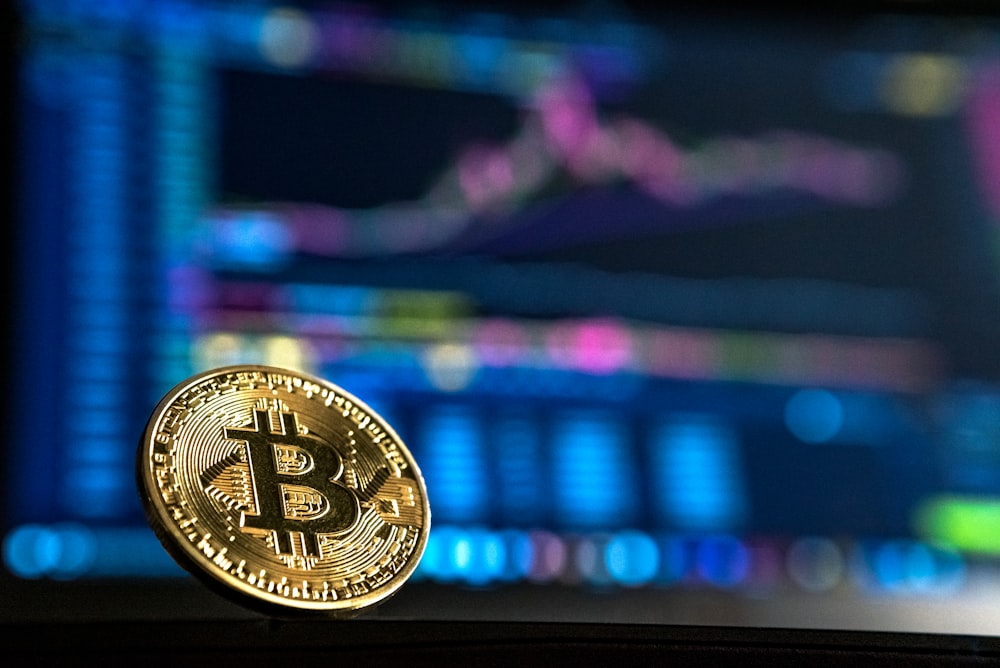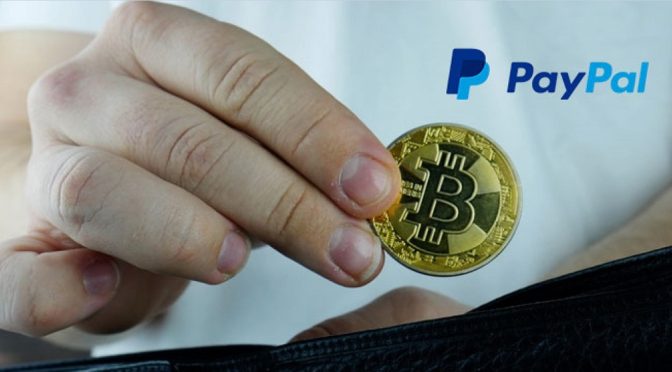After many years of toying with the notion of moving into the cryptocurrency market, 2020 finally saw PayPal admit to its ongoing interest, and embrace Bitcoin (and others) within its existing online payment services

The news has, within the crypto circles, been long anticipated. Following a disastrous attempt at collaborating with tech giants like Facebook and Mastercard on the Libra Project a while back, it looked as though PayPal may have gone shy on the idea altogether. That, coupled with the fact that interest in bitcoin and other cryptocurrencies among the ‘general digital public’ failed to take off in the way that was once predicted, made it seem as though a mainstream uptake of virtual currencies was nothing more than a pipe dream.
Of course, all that has now changed, and the company has finally enabled all users to buy, sell and store cryptocurrencies within its platform.
But, will this bring the average internet user to crypto for once and for all, or will the alternative currency remain relatively niche online, in spite of efforts to make it more accessible? Read more below.
Online Payment Services Are Adapting to User Requirements Better than Ever Before
In its heyday, PayPal was the go-to online payment service for anyone looking to make their digital dealings safer, more convenient, and more efficient. Rather than storing their personal details with multiple sites and companies, users could provide them once and once only, and allow PayPal to handle the security side of things.
The only issue was that PayPal was famed for its high transaction fees – both for merchants, and customers.
Now, the realm of online payment services has evolved to ensure that companies have fine-tuned their process for a relevant service – and that, in the process, transaction fees are kept competitive. In the realm of the online entertainment industry, digital casinos now offer Idebit deposit options for Canadian players over 18, for instance; in the US, vastly popular apps like Cash App and Venmo enable instant peer-to-peer payments with minimal processing fees.
There are two consequences to this evolution within the online payment services industry. For one, digital payment services are growing more attuned to the needs, concerns and demands of their users than ever before. They have to, if they are going to compete with the years in which PayPal has stood as the paradigm for payment security. This means that, for the average internet user, crypto will remain largely obsolete; they can feel safe in the payments they make online, and do not need to explore other avenues.
Secondly, it means that PayPal is facing significant competition on all sides, and that more and more users run the risk of abandoning the service altogether in favour of something cheaper, more convenient and easier to use.
Does the Average User Even Need Crypto?
PayPal is infamous for keeping the details of its new projects close to its chest, which means that we cannot be sure exactly what their motivations behind embracing crypto really are. Some already believe that it is ensuring a revolutionary stimulus for Bitcoin. It may simply be another move intended to ensure that they keep up with digital trends, rather than a fully-fledged commitment to the future of online payments.
In reality, many using the internet today have no need of crypto. Sure, it is safer and more private – something we all need to prioritize – but so are the services currently working to unseat PayPal at what it does best: simplicity.
Bitcoin is not simple – in fact, it is far from it. PayPal’s move toward the realm of virtual currencies does not make the technology itself any simple or more accessible to those who hold only limited knowledge about it, and only by targeting these user groups does it look likely that they will begin to embrace this alternative currency. For the Silo, Mildred Austria.


Leave a Reply
You must be logged in to post a comment.